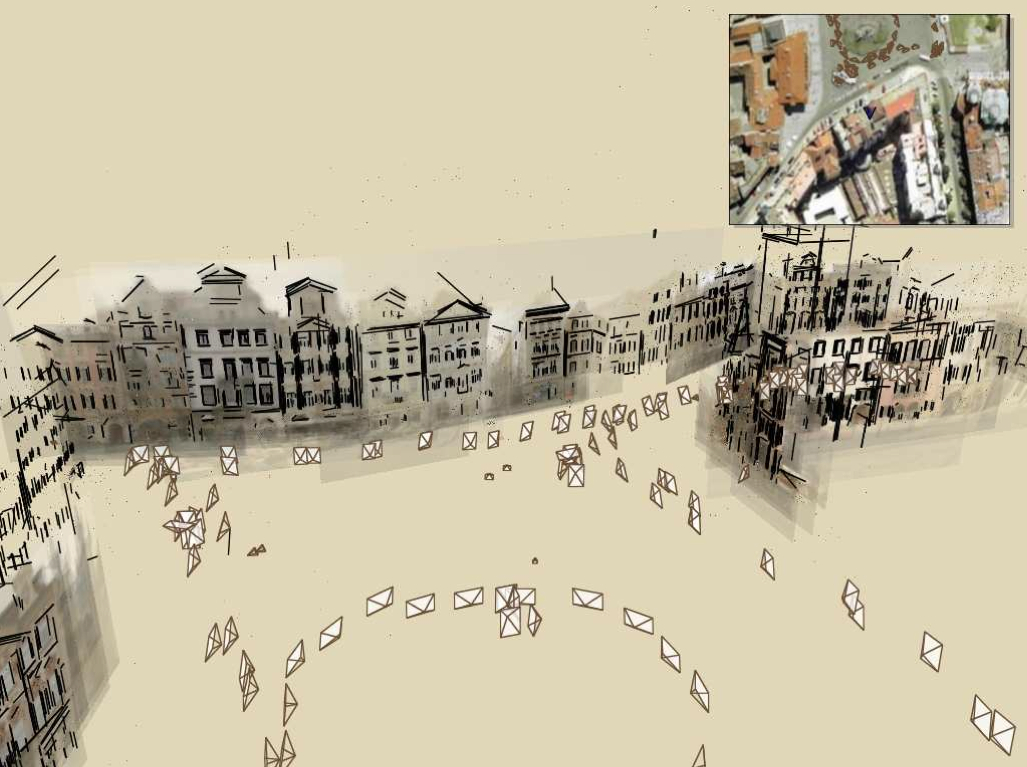
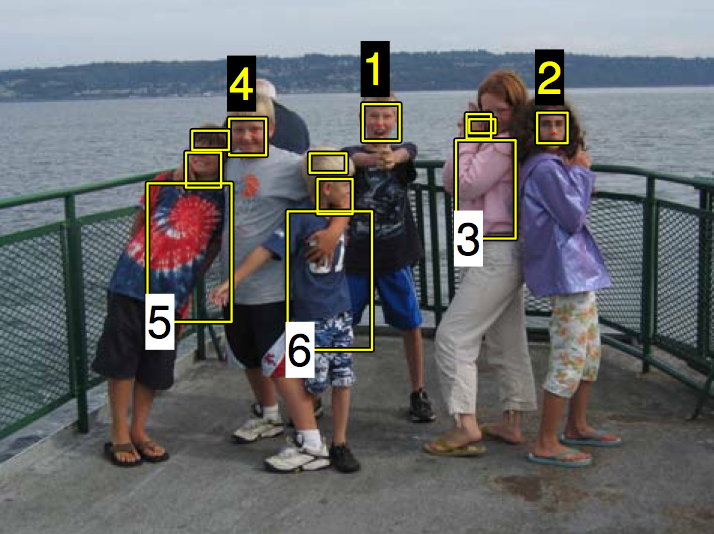
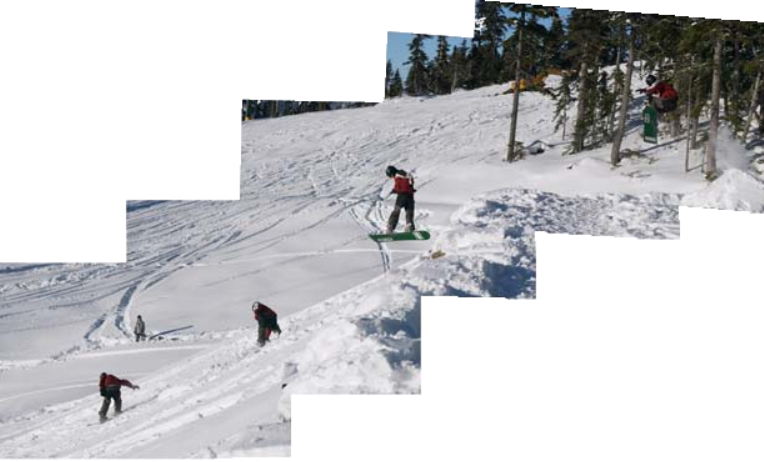
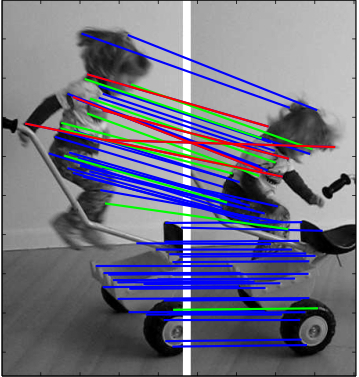
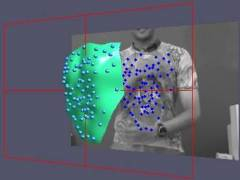
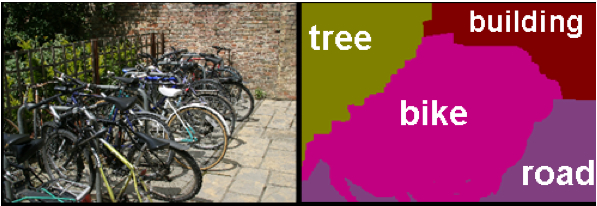
Course description
This course provides an introduction to computer vision, the art of teaching computers to see. Topics include image formation, feature detection, segmentation, 3D reconstruction from multiple views, motion estimation, and object recognition. The course will also discuss modern applications of computer vision such as 3D photo tourism, visual search, image stitching, and face recognition.
Course goals
This course is designed for undergraduate and graduate students interested in topics concerning analysis of images and video, real-world perception and computational geometry. The material is also relevant for students planning to work in areas loosely related to computer vision, such as computer graphics, robotics, signal processing and pattern recognition.Administrative information
- Instructor
- Lorenzo Torresani | 109 Sudikoff | office hours: Tuesdays 1-3pm & Wednesdays 2:30-3:50pm
- Teaching assistant
- Chen Fang | 221 Sudikoff | office hours: Thursdays 4-7pm
- Course staff email
- cs183@cs.dartmouth.edu
- Lectures
- T&Th 10-11:50am | x-hour (used occasionally to make up cancelled classes) W 3-3:50
007 Kemeny Hall - Lab
- Sudikoff 001: Linux machines with Matlab. As an alternative, you can install and use Matlab on your machine by following the instructions provided here.
- Required textbook
- Richard Szeliski, Computer Vision: Algorithms and Applications, published by Springer. An electronic version of this manuscript can be downloaded here.
- Additional references
- An additional optional text is Computer Vision: A Modern Approach by David Forsyth and Jean Ponce, Prentice Hall, 2002.
Grading and policies
Academic integrity
You may discuss the assignments with other current CS083/183 students, but your submission must be entirely your own work. That is, your code and any other solutions you submit must be created, written/typed, and documented by you alone. You may not copy anything directly from another student's work. For example, memorizing or copying onto paper a portion of someone else's solution would violate the honor code, even if you eventually turn in a different answer. Similarly, e-mailing a portion of your code to another student, or posting it on-line for them to see would violate the honor code. We do encourage discussion of assignments between students, subject to these rules.
You cannot make use of any code taken from outside references for your homeworks, unless explicitly authorized to do so by the instructor. As a rule of thumb, you should treat any external code as software written by another CS083/183 student: you are not allowed to copy it or to use it as a template to implement your solution.
You are allowed to use external software for your project. However, you should clearly report the use of external code and include pointers to such software in your project write-up. The project grade will be based on the novelty of your solution/application but also on the amount of new code written by you to implement the idea. So keep this in mind when considering to use software written by someone else.
These rules will be strictly enforced and any violation will be treated seriously